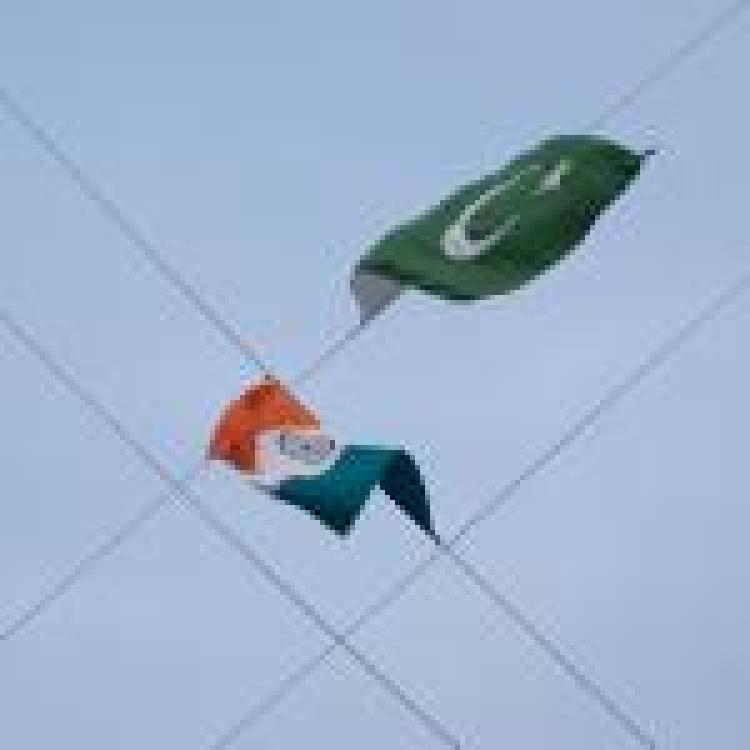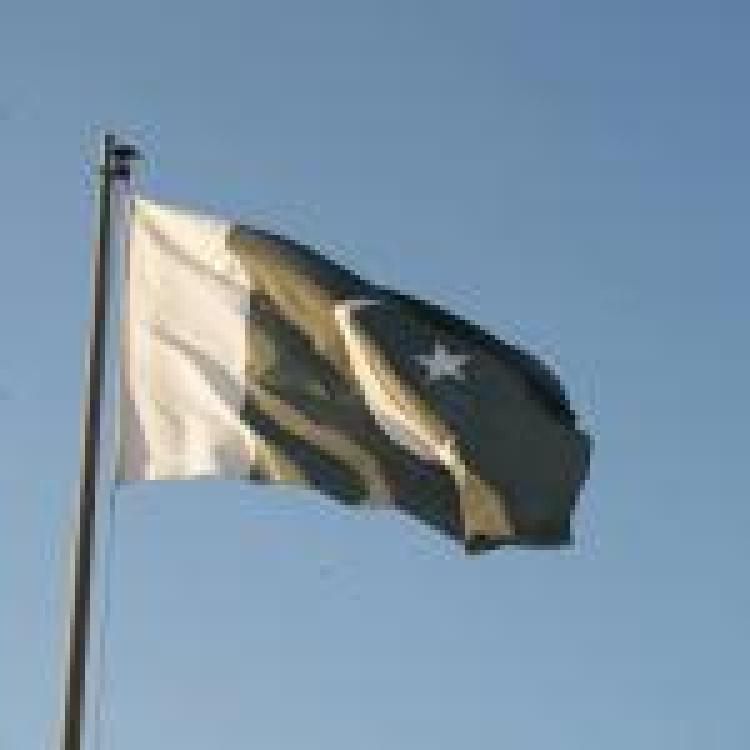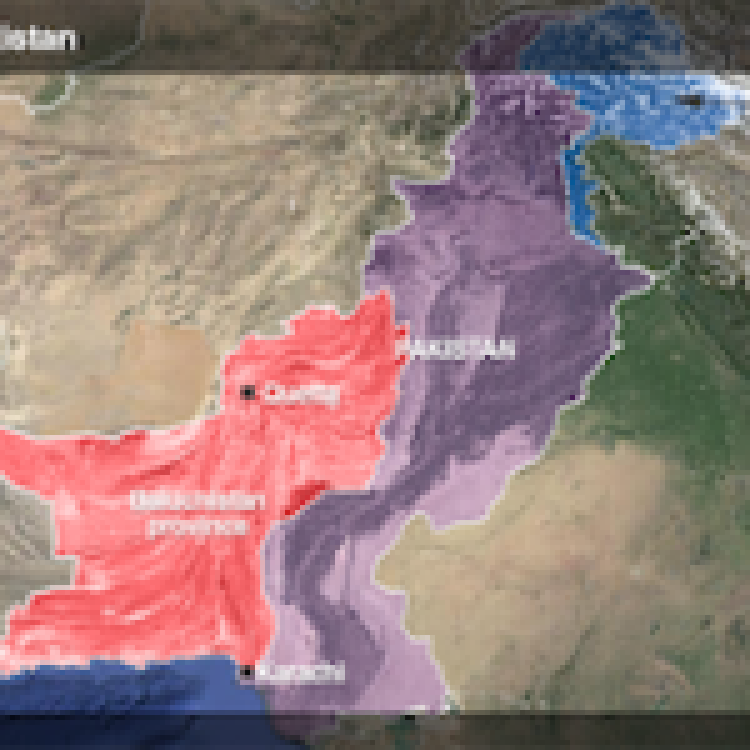
Karima Baloch, 37-year-old Balochistan activist and refugee, has been found dead in Canada following her missing disappearance.
Baloch was the first chair of the Baloch Students Organisation (BSO-Azad), a student organisation advocating for the rights of those in Balochistan and highlighting the ongoing issue of enforced disappearances. In 2016, she was listed by the BBC as one of its 100 most inspiration and influent women for her human rights work.
Her husband, Hammal Haider, a human rights advocate, has maintained that there are suspicious circumstances behind her death. A month prior to her death, he notes, that he had received multiple threatening messages over social media due to his activism. Baloch had also received numerous threats unknown Pakistani numbers following the abduction of a few Baloch students in late 2017.
Haider further added:
“We can’t rule out foul play as she has been under threats. She left Pakistan as her home was raided more than twice. Her uncle was killed. She was threatened to leave activism and political activities, but she did not and fled to Canada.”
This death follows the Sajid Hussain whose body was found in a river in the Swedish city of Uppsala.
Toronto police have stated that they are investigating Baloch’s death as “a non-criminal death” and that they did not believe there “to be any suspicious circumstances” behind her death.
Amnesty International has called for an investigation into Baloch’s death stating:
“The death of activist Karima Baloch in Toronto, Canada is deeply shocking and must be immediately and effectively investigated. The perpetrators must be brought to justice without recourse to the death penalty.”
Read more from the Guardian





